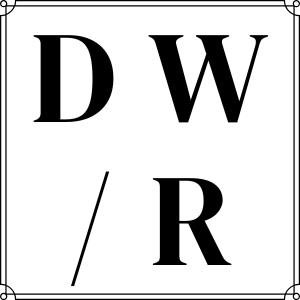“Nobody who can’t write can get a degree here”: The story of a Canadian university writing test
We see our study as falling into the category of writing program historiography known as microhistory: a narrative reconstruction that explores in thorough detail a particular time period in a specific writing program’s history while striving to…
Listed in Article | publication by group Discourse and Writing/Rédactologie
Version 1.0 - published on 10 Jul 2025 doi: 10.31468/dwr.967 - cite this
Licensed under Creative Commons BY-SA 4.0
Description
We see our study as falling into the category of writing program historiography known as microhistory: a narrative reconstruction that explores in thorough detail a particular time period in a specific writing program’s history while striving to remain sensitive to the socially constructed attitudes of the primary actors. One of the signal values of microhistory for writing program scholars, Annie Mendenhall (2016, p. 40) writes, is that the reduced scale of analysis—from several decades or even longer to much narrower time frames—allows for close analyses of what actually shaped the actions of key stakeholders. Attending to the archival record while carefully monitoring our evaluations for preconceived assumptions creates opportunities for the examination of some of the meta-historical conclusions connected to master narratives in our field, the “myths” about which Dana Landry (2016) offers a thorough examination in her “people’s history” of Canadian Writing Studies. By critically analyzing the patencies and complications that existed between local and wider discourses underpinning writing pedagogy, such microhistories as the one we undertake here help reveal the “material and ontological” realizations of the ways that Landry’s broad myths continue to shape Writing Studies in Canada: that the teaching of writing is neither difficult nor scholarly; that all most struggling writers really need is a one-time remedial corrective course focused largely on grammar; and that writing is not worthy of serious academic attention (Landry, 2016, p. 63). Micro-histories respond to Bryant’s (2017, p. 17) call for “concrete research” that will help us to understand the etiologies of these tenacious meta-narratives, and in particular those that serve as warrants for the “complaints tradition” discussed by Heng Hartse (2018) during his keynote speech at the CASDW’s annual conference.
Cite this work
Researchers should cite this work as follows:
- Dunbar, L., (2025), "“Nobody who can’t write can get a degree here”: The story of a Canadian university writing test", HSSCommons: (DOI: 10.31468/dwr.967)
Tags
Notes
Original publication: Dunbar, Laura. "“Nobody who can’t write can get a degree here”: The story of a Canadian university writing test." Discourse and Writing/Rédactologie, vol. 33, 2023, pp. 77-98. DOI: 10.31468/dwr.967. This material has been re-published in an unmodified form on the Canadian HSS Commons with the permission of Discourse and Writing/Rédactologie. Copyright © the author(s). Work published in DW/R is licensed under the Creative Commons CC BY-SA license
Publication preview
Discourse and Writing/Rédactologie
This publication belongs to the Discourse and Writing/Rédactologie group.
When watching a publication, you will be notified when a new version is released.
